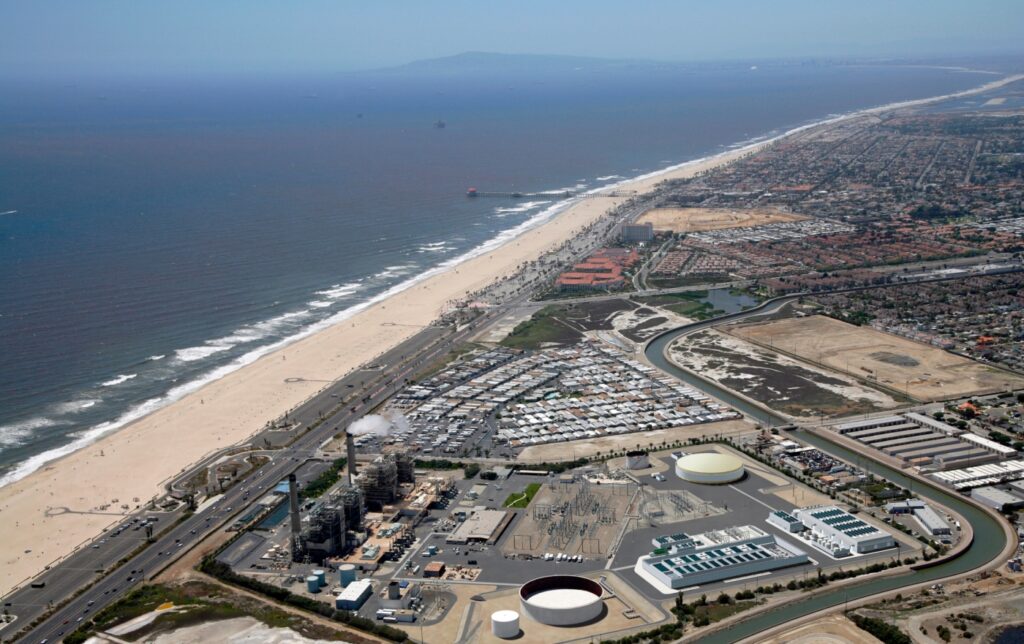
By rejecting the plan for a desalination plant in Orange County last week, the California Coastal Commission surrendered to environmental interests fundamentally committed to a world of restrictions rather than abundance. Rather than embrace innovation and technology, the commission has chosen to place the interests of a few activists over the interests of Californians.
“This administration is committed to ensuring the sustainability of California’s water supply with an all-of-the-above strategy, and that includes desalination,” Gov, Gavin Newsom’s office said in a statement ahead of the comission’s vote.
This editorial board doesn’t often agree with the governor, but he was right to emphasize an “all-of-the-above” approach to water policy.
No one thinks desalination will be the solution to all of California’s water woes, but it’s only logical that, given the vast expanse of water next to California and the state’s perpetual water needs, desalination be on the table as one means of meeting the need for water.
Poseidon Water has operated a desalination plant in Carlsbad since 2015 and the facility is now providing 10% of San Diego County’s water. As far as anyone can tell, the sky has not fallen.
Yet environmental groups, which fundamentally prefer to see cutbacks in water usage, have demonized the proposal for a similar plant in Huntington Beach.
“Our water supply has not kept up with the population growth; we desperately need more water supply projects,” said Steve Sheldon, president of the Orange County Watyer District, before the vote, according to CBS News. “We absolutely need that. We need the Coastal Commission to approve the permit, and then things will come together, interest will grow. Once the permit is approved, everything changes.”
Yet these very practical considerations were ignored by the commission, which voted unanimously to deny Poseidon Water a coastal development permit.
“(The) tools that make sense are efficiency, conservation, rainwater capture and recycling water. Those are the ones that make sense, not only for the environment, but for the pocketbooks of people that are struggling right now,” said Andrea Leon Grossman, director of the group Azul Climate Action, according to CBS.
To the latter point, it was estimated that water bills could go up a few dollars a month. That’s a small price to pay for water abundance and it doesn’t come at the expense of pursuing other options that makes sense as well.
Alas, this is what happens when policymaking is ceded to the interests of activist groups with ideological concerns rather than practical concerns.
The fact remains that an all-of-the-above approach is needed in California and that desalination facilities remain a necessity in California.
That is, of course, assuming you care about people and like the idea of people having access to water in the wealthiest nation on Earth.
